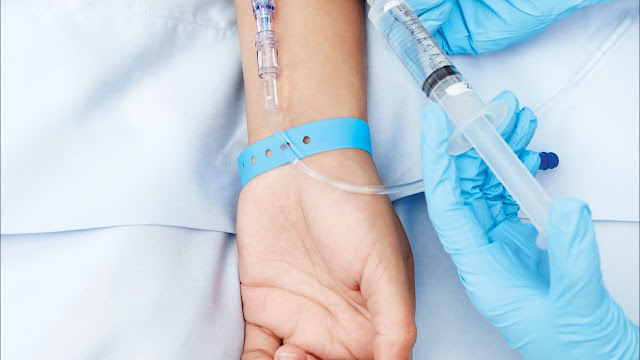Parenteral nutrition is essential for restoring the body's balance of nutrients in patients
Parenteral nutrition involves the use of intravenous feeding, to provide nutrient products to patients in need. This process allows patients to bypass the normal digestive process. Pharmaceutical compounding companies manufacture and deliver these products. There are several different types of parenteral nutrition products. Some are more common than others, but all of them require careful preparation and monitoring. The basic nutrients in this nutrition are water, energy, and essential fatty acids. They may also contain trace elements like copper, selenium, and zinc. In addition to water and other fluids, this nutrition is accompanied by vitamins and minerals. The nutritional content of PN solutions may vary from child to child. A child may require more amino acids than another or more fluids than a healthy person. These nutrients are essential for growth and development and are essential for healing the body.
In some cases, Parenteral
Nutrition Market is necessary. It involves delivering
nutrients to the body by intravenous infusion. The nutrients provided are
necessary for the body to maintain hydration and high energy levels. In some
cases, patients can absorb some of the fluid and nutrition taken orally.
However, other conditions may require also require this nutrition. The goal of
the treatment should be to restore the body's balance of nutrients and avoid
complications.
One
form of PN is administered through a peripheral vein. This method of parenteral
nutrition is most commonly used in children undergoing chemotherapy and
treatment for other conditions. It is more effective in cases where enteral
feeding is not possible, such as those associated with cancer. However, it can
lead to complications. The risks associated with this nutrition are high,
particularly in cases of prolonged use. Those with normal digestive systems
usually do well with enteral nutrition.




Comments
Post a Comment